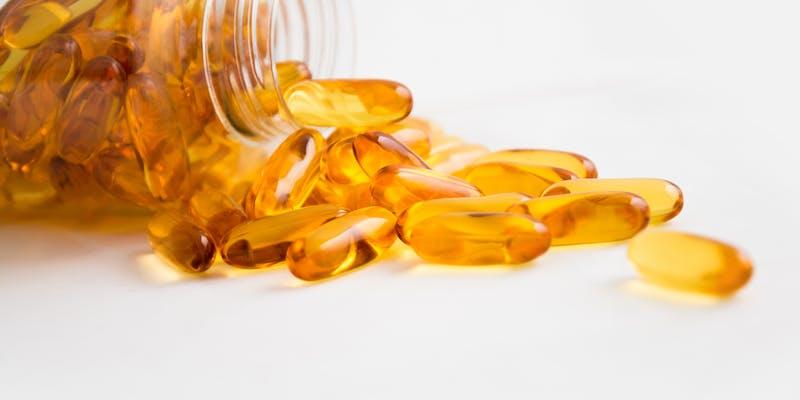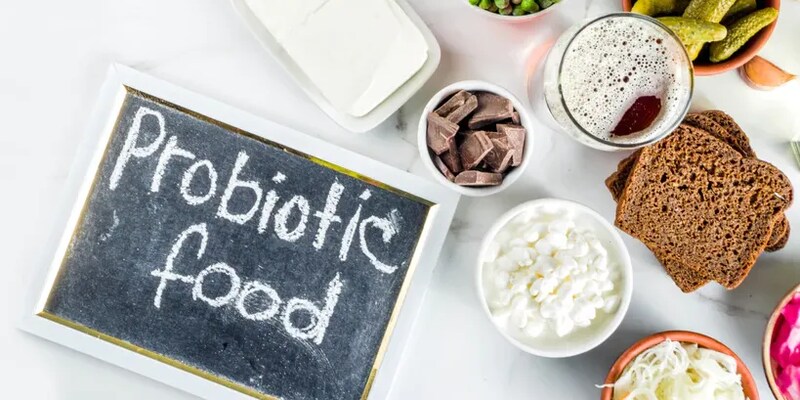Commonly known as an anti-stress vitamin, the B vitamin or Pantothenic acid, which is water-soluble, is sometimes referred to this way. This is needed for the manufacture of coenzyme A (CoA). CoA also performs other processes besides producing energy from lipids, carbs, and proteins. There is a need for a variety of hormones such as melatonin, cortisol, and also the neurotransmitter acetylcholine for their production. The human body does not synthesize pantothenic acid but has to be obtained in relatively small amounts, frequently by ingesting it regularly from B5 pantothenic acid foods or supplements.
This article gives a summary of the modern studies regarding pantothenic acid with emphasis on its numerous uses, dosage, and possible complications and negative effects. Also, the results of an intake of too much or too little of pantothenic acid are included.
Benefits of Pantothenic Acid
Furthermore, neither a dietary supplement nor a medical product should be recommended based on the information at hand, as the data appears to be insufficient to suggest any of the purposes.
- Tuberculosis
- Alzheimer's disease
- Cancer
- Huntington's disease
- Malaria
Pantothenic acid's use in treating some conditions is unknown. Large-scale human research is needed to determine pantothenic acid's effects. According to a limited experiment, pantothenic acid derivative pantethine may help reduce cholesterol. However, pantothenic acid alone may not have this effect as yet. Pantothenic acid has had very few clinical studies. Some further applications and advantages are:
Inflammation
Pantothenic acid C-reactive protein, an inflammatory marker, was studied in 908 over-40s. Thus, elevated C-reactive protein indicates systemic inflammation. Pantothenic acid supplementation lowered c-reactive proteins, indicating less inflammation. There is an increasing understanding that pantothenic acid is endowed with antioxidant characteristics which would be a great boon to the human body.
Acne
The possibility of using pantothenic acid for acne to reduce the symptoms of acne is quite high. As it is correctly deserved, it is known to calm and add moisture to the skin. A small double-blinded cross-over study included 41 individuals tracked over a 10-week period who were given mild to moderate acne on all skin surfaces. However, when a pantothenic acid dose of 2.2 g daily was given, a significantly greater reduction in an outbreak of acne by 68% compared to a placebo, an inactive substance used as a reference to determine the efficacy of a drug in clinical trials. People who participated in pantothenic acid for acne also mentioned that they experienced improvements in quality of life. To verify those results, more wide-scale clinical studies should be performed.
Food Metabolism
Aiding in the synthesis and breakdown of fatty acids is vitamin B5's principal function. So, it aids in converting the dietary fats into usable energy. It does this by facilitating the synthesis of coenzyme A, a chemical that your body uses to convert food into energy.
Pantothenate kinase-associated neurodegeneration (PKAN) is a very uncommon hereditary disorder in which vitamin B5 is ineffective in converting to coenzyme A. Loss of function, even fatal loss, may result from it. Rare is the PKAN. It is believed to impact anything from one to three persons per million worldwide.
Improving Cholesterol
Some preliminary studies advocate the use of high doses of one vitamin B version to reduce hyperlipemia or cholesterol cases. Several studies have also demonstrated that excess consumption of vitamin B5 can reduce levels of LDL (“sexy “cholesterol, and that it may aid in maintaining or even raising HDL (“good” cholesterol”).
In a case carried on over 120 people, it was evident that participants who ingested vitamin B5 supplements had small but important cholesterol enhancements. Although the future prospects seem good, it has only awaited to see what happens to it. Further studies on a larger number of people would also have to be conducted on the time taken to determine the contribution of vitamin B5 to cholesterol.
Vitamin B5 for Aesthetic Purposes

According to the FDA, the cosmetics industry can legally use panthenol and dexpanthenol, the two forms of vitamin B5 states). Dexpanthenol, founded on pantothenic acid, is one of the most common additives in most cosmetics, especially those used with hair care and elsewhere. The reason for such an approach is the capability of dexpanthenol to hydrate the skin.
- insect bites
- diaper rash
- eczema
- poison ivy
Additionally, dexpanthenol has the potential to alleviate and prevent radiation-induced skin responses. For mild to severe cases of atopic dermatitis in children and isotretinoin skin side effects, dexpanthenol may be useful. Additional study is necessary, but preliminary findings indicate it may aid wound healing. Vitamin B5 skincare solutions, like any new skin care product, might cause allergic responses in some individuals. Therefore, it's important to do a patch test first.
Dosage of Pantothenic Acid
Everyone above 14 should take 5 milligrams of pantothenic acid every day. Most people get this via their pantothenic acid B5 foods. Babies are born with low weights when mothers do not get enough pantothenic acid when they are pregnant. Pregnant or nursing people should take 6 to 7 milligrams of pantothenic acid per day. Pregnant women should aim for 10 mg daily, according to several studies.
Even though it's unusual, a pantothenic acid deficiency15 may need 10-50 mg daily. A few weeks of taking 3 grams of pantothenic acid daily may be required to raise pantothenic acid levels in extreme situations. Doses suggested for different medical issues could differ. As an example, clinical research for acne looked at the effects of taking 2.2 g of pantothenic acid daily for 12 weeks.
Sources of Pantothenic Acid

Getting the necessary daily dose of pantothenic acid is as simple as eating a balanced diet without additional supplements. However, supplementary vitamins can be necessary for certain individuals.
Food Containing Vitamin B5
Pantothenic acid is found in most foods. Particularly rich in it are the following pantothenic acid B5 foods:
- Meat
- Yogurt and other dairy items
- Mushrooms
- Nutritionally enhanced breakfast cereals
- Potatoes
- Nuts
- Avocados
- Seeds
Supplements
The three forms in which pantothenic acid is available constitute tablets, pills, and powders, which have also been incorporated in various B-vitamin combo products. Commercial formulations of supplement materials commonly have dosages of about 10 mg to 1,000 mg. Vitamin B5 also is available in the other forms of potassium pantothenate and pantethine.
Bottom Line
Pantothenic acid is essential to the functioning of the human body, without which it seems incomplete. Most individuals should take between five and seven milligrams daily. You can get this from pantothenic acid B5 foods, but you can also buy supplements. Pregnant women should pay close attention to this since studies have linked low levels to babies born with low birth weight. Through a few cases of occurrence, dementia can be caused by pantothenic acid deficiency. Few clinical trials, as is the case with most other B vitamins, have been conducted with the natural form of pantothenic acid. However, due to a lack of sufficient data, it cannot be said if it aids in the relief of inflammation or acne.







